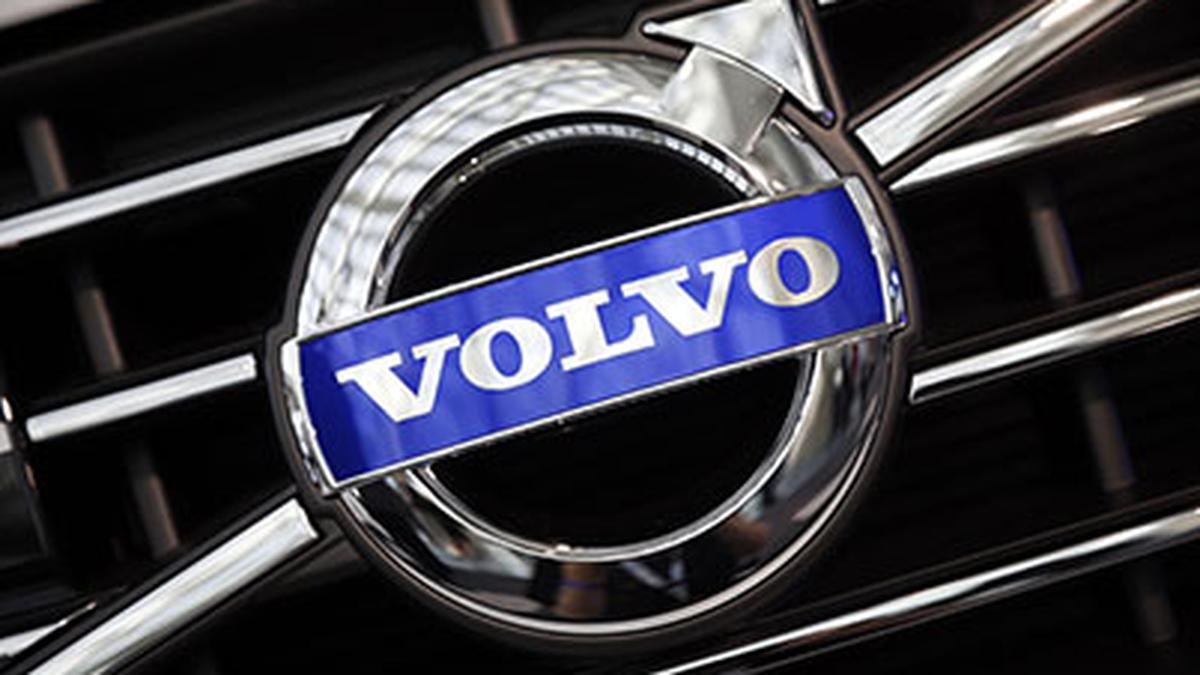
Volvo to issue world's first EV battery passport ahead of EU rules
The Hindu
Volvo introduces EV battery passport for transparency, showing material origins, carbon footprint, and recycled content, ahead of EU mandate.
Volvo Cars is launching the world's first EV battery passport recording the origins of raw materials, components, recycled content and carbon footprint for its flagship EX90 SUV, which is about to start production, the Swedish automaker told Reuters.
The passport was developed by Volvo, which is owned by China's Geely, in partnership with U.K. startup Circulor, which uses blockchain technology to map supply chains for companies, and took over five years to develop.
Battery passports will be mandatory for electric vehicles (EVs) sold in the European Union from February 2027 showing the composition of batteries, including the origin of key materials, their carbon footprint and recycled content.
Volvo's head of global sustainability Vanessa Butani told Reuters that introducing the passport nearly three years before regulations kick in was aimed at being transparent with car buyers as the automaker targets producing only fully-electric cars by 2030.
"It's really important for us to be a pioneer and a leader," Butani said.
The EX90 SUV with a battery passport is due to start production soon at Volvo's plant in Charleston, South Carolina, and will be delivered to customers in Europe and North America from the second half of the year.
Volvo owners can access a simplified version of the passport using a QR code on the inside of the driver's door.





















 Run 3 Space | Play Space Running Game
Run 3 Space | Play Space Running Game Traffic Jam 3D | Online Racing Game
Traffic Jam 3D | Online Racing Game Duck Hunt | Play Old Classic Game
Duck Hunt | Play Old Classic Game











